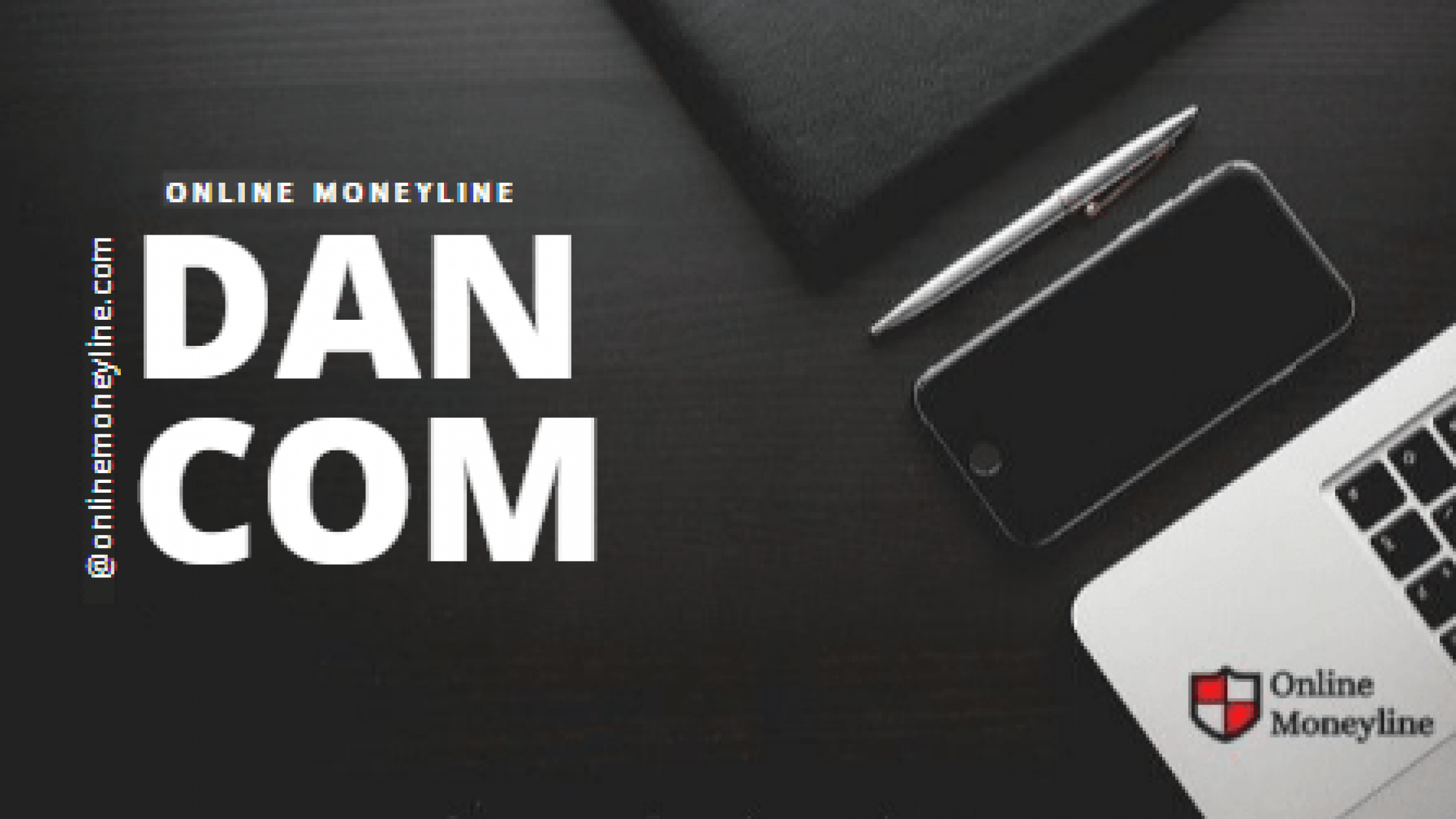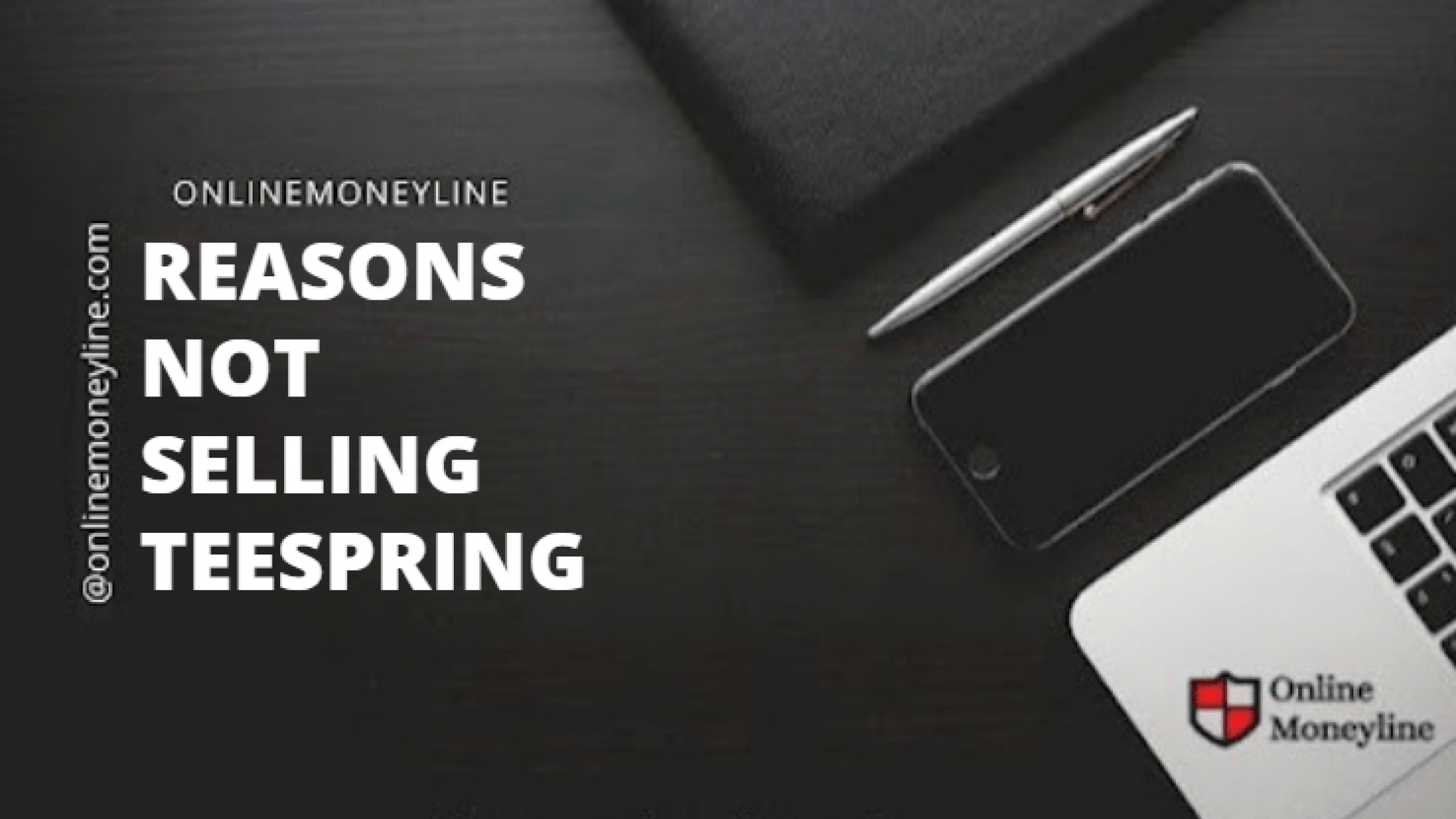1. Introduction
I was a blogger for a long time, and my blog was not as successful as I wanted (I had a lot of subscriber, but no one read it).
I started to write Medium.com, and now I have an audience of more than 1 million people.
And what is the difference between Medium and Blogger? Well, first of all, Medium is an online magazine (i.e., a blog), while Blogger is the platform for blogs (i.e., websites).
Second of all, medium is still a platform for authors to meet fellow authors and readers.
Thirdly, Medium has been around for about 2 years already, whereas Blogger had already been around for about 4 years.
Fourthly, there are many bloggers on Medium now who are much better than the ones on Blogger. But if you are not sure which platform will work better for your content ideas or if you want to know more about Medium vs Blogger or other platforms like Google+/Facebook/Twitter/Pinterest etc., then you should first get familiar with both platforms and then decide which one will be more appropriate for your content ideas or target audience.
2. What is a Blogger?
Medium is a platform for authors to meet fellow authors and readers. Authors who want to contribute to the conversation about their work on Medium can do so by posting their work for free, or by paying a small fee.
The problem is that Medium isn’t an actual blog, it’s the platform for authors to meet fellow authors and readers. As such, it has a lot of issues with formalizing things like naming conventions and security. I have found that writers and readers alike often find ways around these problems, which leads to confusion in both directions.
I’ve been using Medium since 2013, but I haven’t used its tagline “the fastest growing place on the web” at all before this post (or any other post in the last 6 months) — because it was confusing to me. The tagline has been around forever (it was first used back in 2006), and there are some good reasons why it works well:
• A writer doesn’t need to worry about how people will read her writing if she doesn’t want them to by tagging it with a specific domain (e.g., technology, science).
• A reader doesn’t need to worry about where an author got her information from if she can use Medium as a place where she can share her work for free or pay for access (e.g., books).
But there are two potential problems with the tagline: 1) It uses two words (medium and fast) when one is sufficient, 2) It makes no distinction between “blogger vs medium” while recognizing that they may be separate concepts. In my experience, medium works well as a tagline because it is simple: It doesn’t require much explanation; it implies that content should be shared easily without giving much thought as to where you got your information from; and it sounds like what you might expect from Medium itself — so people find it easy to apply their own labels without having any reason not to do so (e.g., we use “medium fast” when talking about Facebook). On top of those benefits, Medium has established some useful trademarks of its own:
• This name has served us well over time as we have worked hard to build up multiple products and services across multiple industries that only use our name [including blog posts]
• We believe strongly in having our brand across multiple channels [such as
3. What is Medium?
Medium is a platform for authors to meet fellow authors and readers. The main difference between us and other platforms like Blogger, Medium is that Medium has a publishing platform (it’s the blue button in the corner of each author’s profile).
Here are some of Medium’s key features:
· Blogger – Fewer posts, shorter posts, no comments.
· Medium – More posts, better comments and more social features.
· Twitter – Embed tweets, links to tweets, etc.
· Google+ – Add likes and shares to your post.
This is how it works: authors create their accounts (which can be hosted on a server or on an app) by filling out a form for registration with the platform. Then they submit their first post (they can choose from a list of past published content), as well as any updates/followers/reactions they want to make. If they want to share something new they can do that too; otherwise they can just change the post title by adding their own text or graphic element (like “pink flamingo”). Once that post is approved by the platform it goes live and other users (including you) will see it. It may take a while for you to get your first post approved because you need someone else’s approval before you can publish it. You don’t have to pay anything if you don’t want to; but if you do pay then there are various tiers depending on how much exposure you are willing to give your work: 100 likes = $1 monthly subscription of up to $10; 1000 likes = $2 monthly subscription of up to $30; 2000 likes = $3 monthly subscription of up to $50; 50000 likes = $4 monthly subscription of up to $100; 10 million like count = free membership for life!
If you want more info about Medium check out this great blog post from Chris Wanjulie who writes about his experiences with the platform here: https://mediumstories.com/blog/cmo-medium-in-business-using-medium-as-a-blogger/.
Also check out this great podcast episode with some feedback on using medium in business https://mediumstoriespodcast.com/podcast/.
4. The Difference Between a Blogger and Medium
What is Medium? It’s a blogging platform that is run by non-journalists. They have a variety of use cases, from academic research to marketing and from journalism to fiction. For example, I found this post about whether you should consider yourself a blogger or a medium. In short, Medium is for people who don’t want to be journalists or academics. As such, it can be used for anything you want to communicate to your audience — but Medium is not for journalists writing news stories.
How do you know the difference? I looked at the Terms of Service and found the following:
I have read and understand the following terms: (1) Disclosure: The Blogger Community Rights Reserved License (“TOS”) applies only to material posted by Bloggers on Blogger Platform (the “Blogger Platform”) (2) Intellectual Property Rights: All rights in and related to any content posted on Blogger Platform are owned by Bloggers and are protected by copyright law and other intellectual property laws; Bloggers agree that their trademarks, copyrights, headers, logos, domain names, service marks and other intellectual property rights shall not be transferred or sublicensed without their prior written consent; The Blogger Community Rights Reserved License applies only to material posted on Blogger Platform; (3) Contributors: Contributors hereby represent that they are Website Owners or Employees of Website Owners; (4) Website Owner: A Website Owner means an entity that owns or otherwise operates an online publication such as Facebook Pages or Twitter accounts; (5) Facebook Page: A Facebook Page means an account maintained by Website Owner; (6) Twitter Account: A Twitter Account means an account maintained by Website Owner; (7) Facebook Page Content: Content includes any content which is created within a Facebook Page including text posts, images and videos published on Facebook Pages for marketing purposes.
Obviously this doesn’t mean that I would call myself a blogger if I had five thousand followers in my wall with comments on my wall. Yet another disclaimer here before we go further with examples 😉 In fact there are many reasons why Medium makes sense as a platform instead of just being another platform.
• Medium allows users to share more widely without being restricted in what they can say — it doesn’t restrict the user from sharing anything they want regardless of how offensive it might be – this alone may motivate some people who choose Medium over other platforms because they don’t want their content censored even
5. Why Use a Blogger?
I’m a blogger and I have been blogging for most of my life. I have a blog called “Blogcatalog”, which is a collection of books, articles and personal reviews. I have also started to write short stories — “Novellas”.
My work as an author has had the benefit of being published in many different places and has given me the opportunity to meet lots of people, who are very supportive and helpful. I love my job and it pays very well.
But recently the only thing that has been keeping me going is the fact that my blog is still growing every day, getting more traffic and getting more readers (and reviews). The other part of me doesn’t even realise it — the part that focuses on what people think about my books. Because that part isn’t enough anymore…
I don’t want to give up on this job for long — I don’t want to get bored with it any more than you do with your job (if you happen to be like me). But…
I started doing this because I love writing. And writing gives you lots of satisfaction and pleasure, without losing your work-life balance too much. If you are thinking about quitting your job now, know that writing is a wonderful activity: it can take up all hours of your day, whenever you need it, without any pressure and responsibility. And if it doesn’t turn into money then at least you can enjoy yourself while having a positive impact on someone else too 🙂
So what do you think? Do you think anyone should quit their job just because they love their work? Or do you think everyone should quit their job for whatever reason?
You can find out by reading this post: Letting go in order to start something new(in contrast to quitting because things aren’t working out or not working out as intended) . Your thoughts are welcome 🙂 .
6. Why Use Medium?
Medium is a platform for authors to meet fellow authors and readers. We believe that it will become a central hub for the publishing universe!
Medium is a platform for authors to meet fellow authors and readers. It was founded in 2008 by Luke Wroblewski, Evan Williams and Noah Kagan. At the time of its founding, Medium was focused on publishing news snippets and links that would be highly visible to readers without being annoying or distracting. It had no particular editorial process or structure — it was designed as a way for people interested in writing to connect with people interested in reading their work.
What Medium’s founders never realized however, was the potential of their platform. As Wroblewski told me at the time: “We created Medium not as a place where we could reach off-the-shelf user groups or market ourselves as consultants or salespeople. What we wanted it to be instead was a place where high-quality content creators could publish their work and give it away to the world while still maintaining control over how they were promoted online.”
Today, Medium has more than 1 million devoted users worldwide who publish more than 600 million posts every month (and counting), with an average of 10 posts published per reader per day — that’s one post every 5 seconds! By comparison, Twitter has just over 2 million active users worldwide posting 11 million tweets per day, which means that if you think about all of those tweets your daily 4 minutes + 4 seconds of posting would have only one post on Medium. And if you look at the top tweeters on Twitter who also have millions of followers you see that there are actually fewer than 100 people actively tweeting at you (a bit like my first few thousand followers).
So what can Medium do? The answer is simple: medium can help writers set up a presence on their own terms and make money from it! You don’t need to sell your book; we offer you the tools so you can just live your dream!
If this sounds like something you might want to consider, then I’d like to invite you here: www.mediumformattimes.com To sign up today simply fill out this form completely: https://goo.gl/forms/zVJ8wYjyfHnE1Rb2M2 So far there are hundreds of thousands of writers using medium who are making money from it every month…and they are
7. Conclusion
I was recently in the middle of an argument with my sister about the relative merits of print vs online media. At one stage we argued about which medium is a more effective way to reach your reader.
I’m well aware that ‘blogging’ is old hat for aspiring entrepreneurs, but it wasn’t until I started to write that I realised how accessible it is. The mechanics are relatively simple: you post snippets of text, and then people comment on them. It sounds pretty low-tech and pedestrian but it is actually one of the nicest aspects of blogging.
But getting your point across takes finesse, and in order to do that you need to be able to present it effectively, and you need a platform where people will like that presentation enough to give their opinion on it.
And that brings me back to Medium — a platform where I can present my points in a way I’m comfortable with, and where people will like what they see. If you decide to put your thoughts on Medium, go for it! But don’t think “Medium is too complicated for me!” or “No one will ever read this!” Because there are plenty of brilliant bloggers out there — just look at the list of top blogs here .
It all comes down to whether readers are interested enough in your message that they have time for something less than urgent (which we all know isn’t always the case). Get out there. Start posting!



